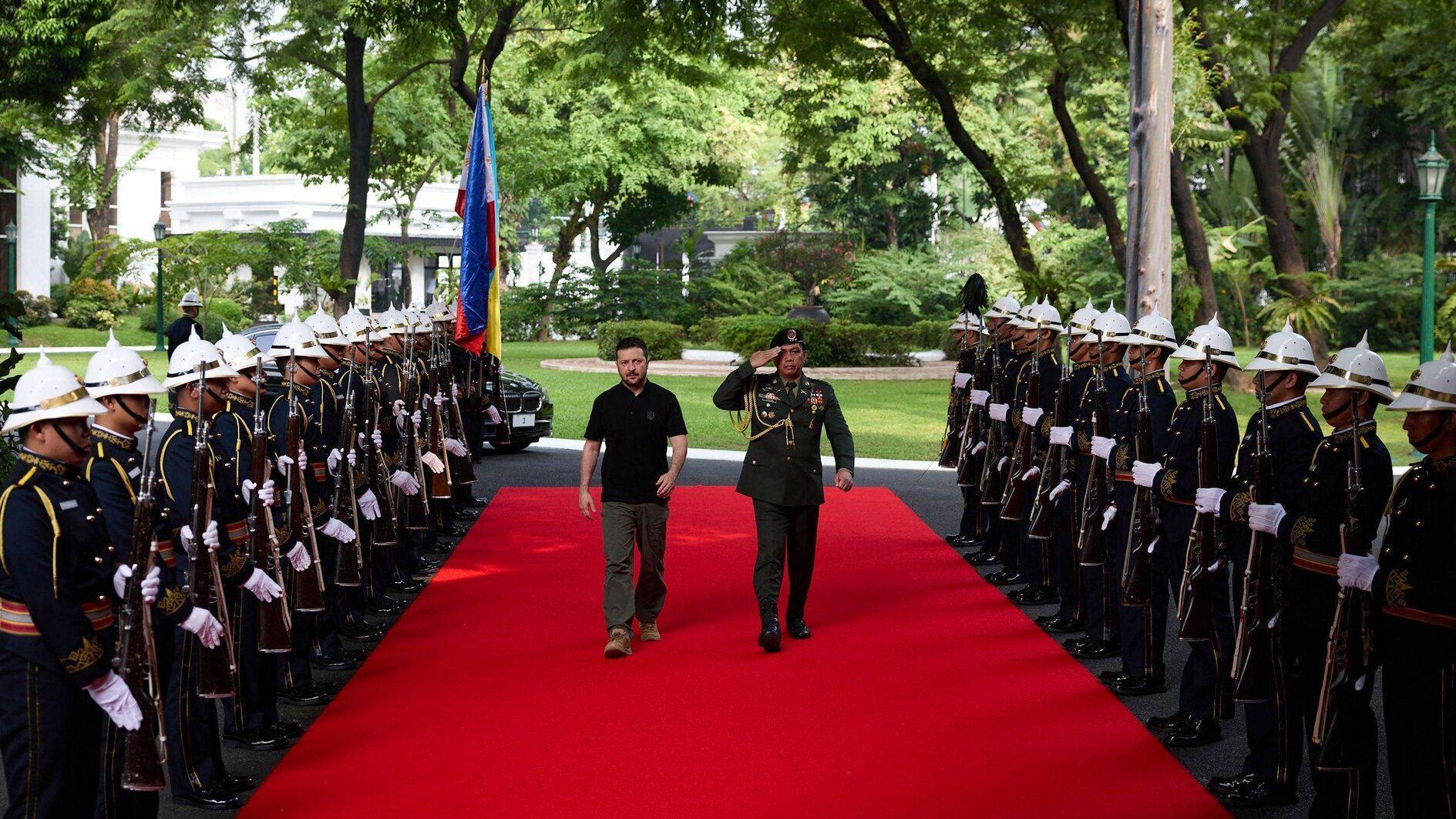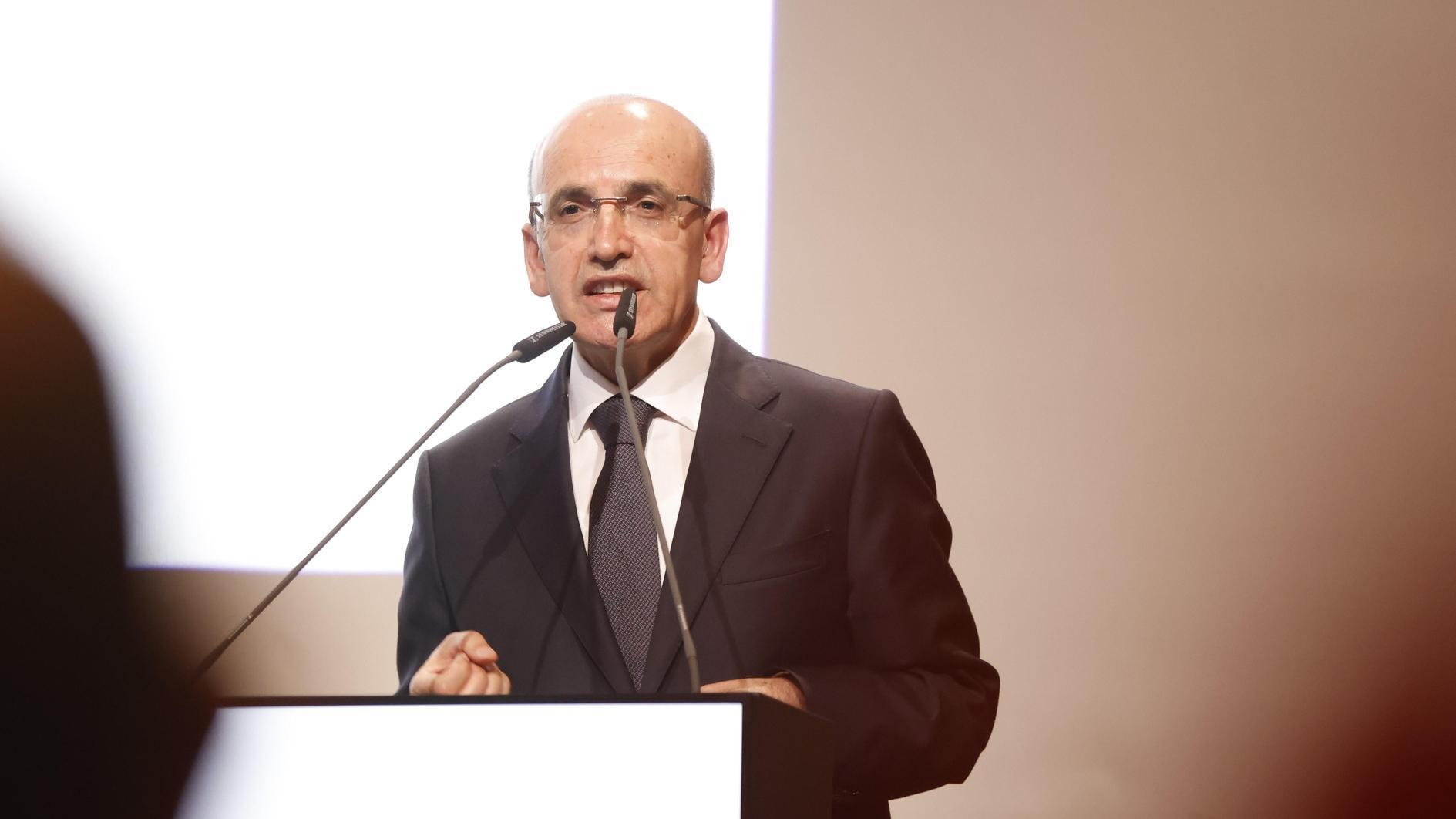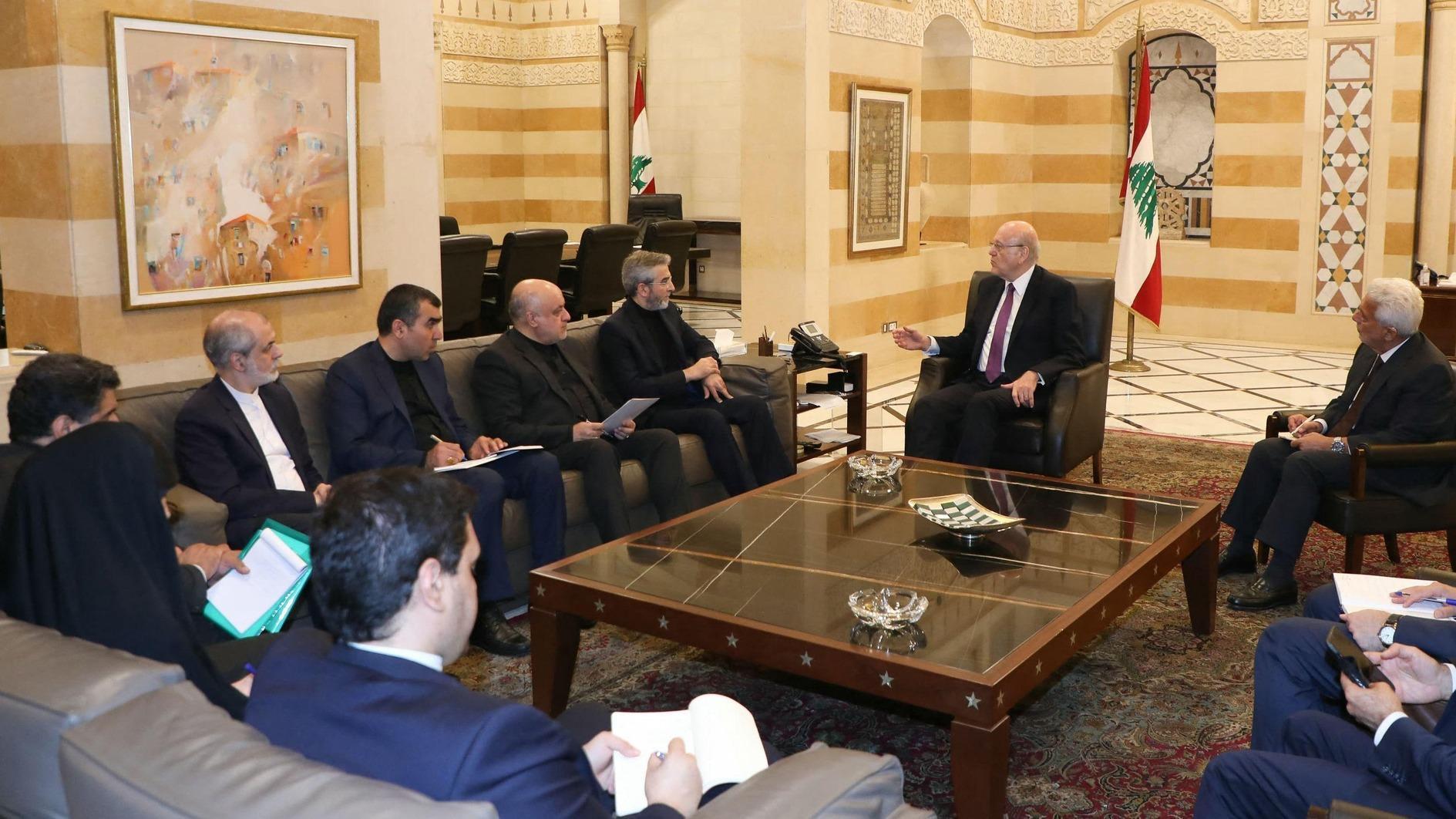Marcos rules out giving US access to more Philippine military bases
MANILA

Philippine President Ferdinand Marcos said Monday the United States would not be given access to more Philippine military bases.
Marcos's remarks came days after a trilateral summit between the United States, Japan and the Philippines in Washington where tensions over the disputed South China Sea — which Beijing claims almost entirely — were high on the agenda.
The Philippines is a key focus of U.S. efforts to strengthen regional alliances due to its proximity to the waterway and self-ruled Taiwan, which China claims as its own.
Manila expanded a 2014 agreement last year to give U.S. military access to another four military bases in the country, taking the total number to nine.
The Enhanced Defence Cooperation Agreement (EDCA) allows U.S. troops to rotate through and store defence equipment and supplies. It has infuriated Beijing.
"The answer to that is no. The Philippines has no plan to open or to establish more EDCA bases," Marcos said in response to an AFP question about whether there would be more EDCA sites.
Marcos spoke during a forum with the Foreign Correspondents Association of the Philippines that was attended by senior members of the Philippine military and foreign diplomats.
U.S. President Joe Biden reiterated during last week's trilateral meeting that Washington's commitment to defend its treaty ally Manila was "ironclad".
While the two countries have a complex history that has seen relations seesaw in recent years, they remain bound by a 1951 Mutual Defence Treaty.
Repeated confrontations between Philippine and Chinese vessels in the South China Sea in recent months, including collisions and Chinese ships using water cannon on Philippine vessels, injuring Filipino troops, has fuelled speculation over what actions would trigger the treaty.
Top Biden administration officials have repeatedly said that "an armed attack" against Philippine public vessels, aircraft, armed forces or coastguard anywhere in the South China Sea would invoke the treaty.
Marcos said Monday that U.S. Defense Secretary Lloyd Austin had given assurances that the treaty would be invoked if another "foreign power" killed a Filipino soldier.
Last year's expansion of EDCA came as the countries sought to repair ties that had been strained in recent years.
Previous Philippine president Rodrigo Duterte favoured China over his country's former colonial master but Marcos's administration has been keen to reverse that.
Beijing's growing assertiveness in pressing its claims to almost the entire South China Sea and over Taiwan has given fresh impetus to Washington and Manila to strengthen their partnership.
Given the proximity of the Philippines to Taiwan and its surrounding waters, the country's cooperation would be crucial in the event of a conflict with China.
Asked how a Donald Trump-led Republican administration might affect the United States's "ironclad" commitment to the Philippines, Marcos said the agreements between Manila and Washington were "beyond politics" and were almost "treaty agreements" that would have to be honoured whoever was in power.
Marcos also said that negotiations with Japan for a defence pact that would allow the countries' troops to set foot on each other's territory were "very close" to a conclusion.
















